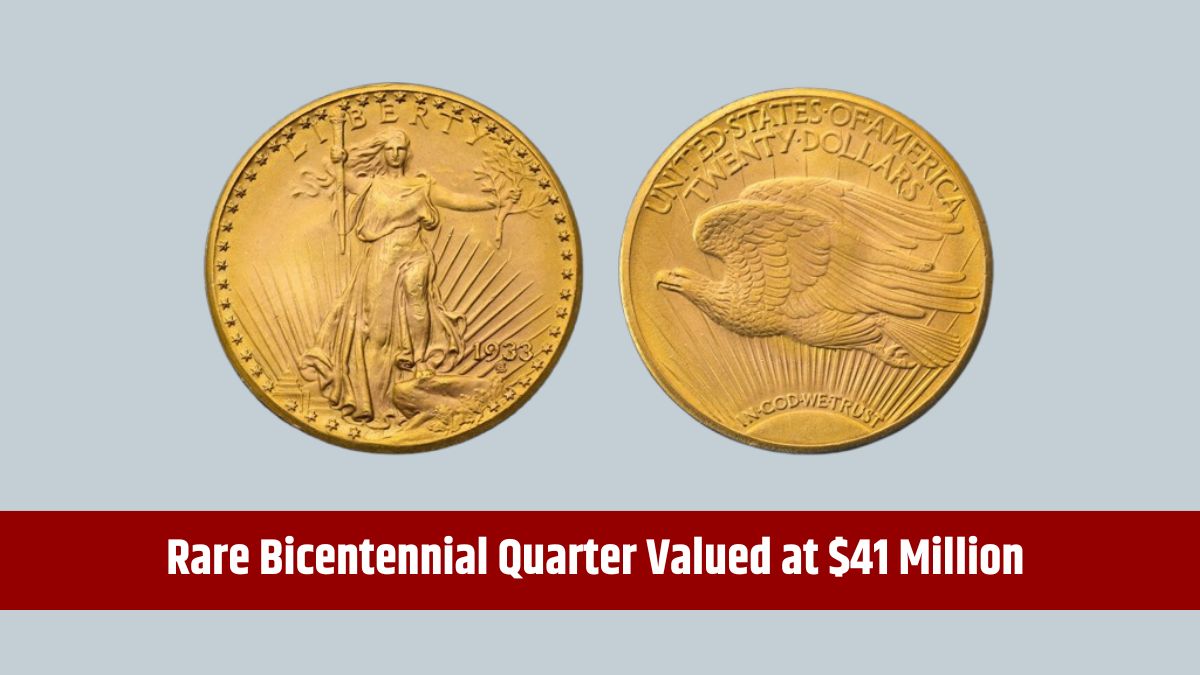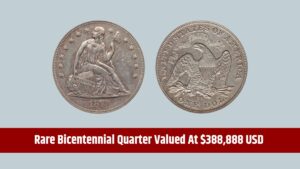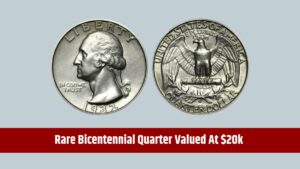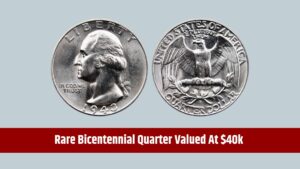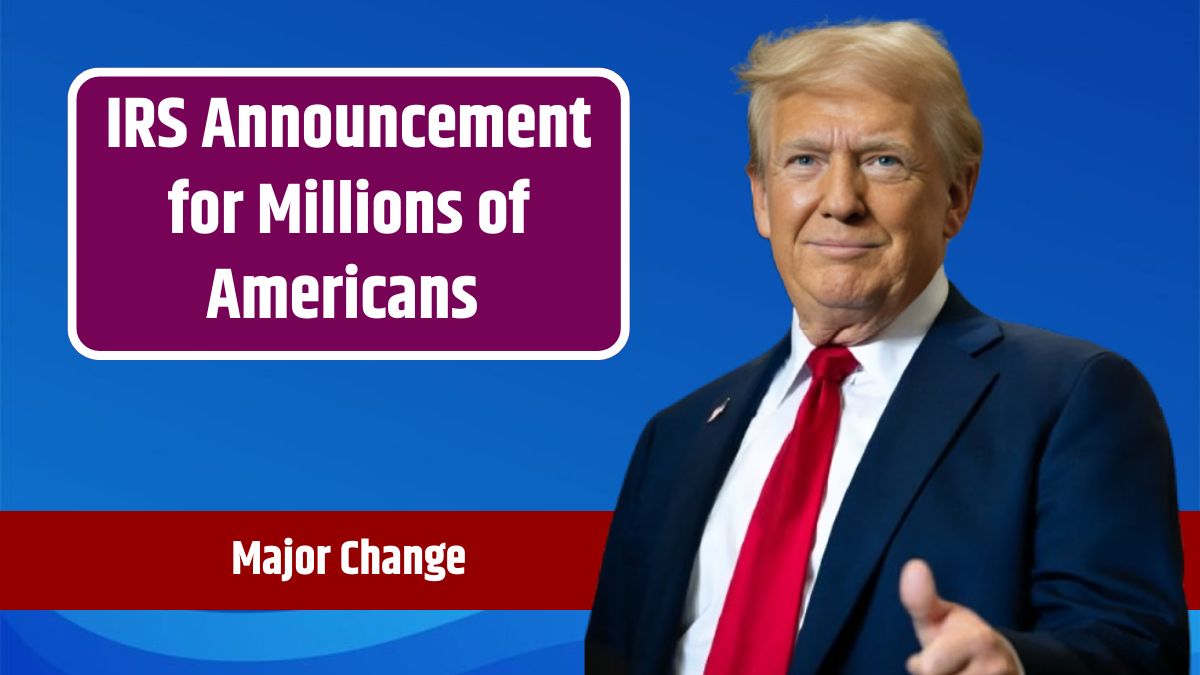Coin collecting often unveils treasures with staggering historical and financial value. Recently, a rare Bicentennial Quarter fetched nearly $41 million at auction, shining a spotlight on other extraordinary coins. From pieces of American history like the Flowing Hair Dollar to unique mysteries like the Liberty Head Nickel, these coins represent some of the highest auctioned values in numismatics. Here’s a look at six of the most valuable coins in U.S. history, each worth over $30 million.
Bicentennial Quarter
The 1976 Bicentennial Quarter, created to celebrate 200 years of American independence, recently captivated collectors by fetching nearly $41 million. This particular coin’s value is tied to its unique minting error, which involved a rare metal composition, as well as its nearly flawless preservation. Its historical significance and rarity make it a prize in the numismatic world.
| Coin Name | Year | Value ($ million) | Key Feature |
|---|---|---|---|
| Bicentennial Quarter | 1976 | 41 | Minting error, pristine condition |
Flowing Hair Dollar
The 1794 Flowing Hair Dollar holds the title of one of the first dollar coins minted by the United States. Sold for $41 million, it’s not a quarter but a significant piece of early American coinage. Its design features Lady Liberty on the obverse and an eagle on the reverse, symbolizing American independence and strength. As one of the first coins issued by the federal government, its rarity and historical importance have made it one of the most sought-after coins.
1804 Silver Dollar
Known as the “King of American Coins,” the 1804 Silver Dollar was actually minted in 1834 as a diplomatic gift. Only 15 specimens are known to exist, adding to its mystique and value, estimated at $37.5 million. Its enigmatic origins, coupled with its extreme rarity, make it a top prize for collectors seeking unique pieces of American history.
| Coin Name | Year | Value ($ million) | Key Feature |
|---|---|---|---|
| Flowing Hair Dollar | 1794 | 41 | First dollar coin, federal issue |
| 1804 Silver Dollar | 1834 | 37.5 | Diplomatic gift, rare mintage |
Liberty Head Nickel
The 1913 Liberty Head Nickel is a coin wrapped in mystery, valued at $34.5 million. Only five specimens were ever made, and these coins were never officially released, leading to speculation that they were struck in secret by a mint employee. The intrigue around their origin and extreme rarity make this nickel one of the most coveted coins in the world.
Double Eagle
The 1933 Double Eagle is a $20 gold coin with a history as remarkable as its $33 million value. While hundreds of thousands were minted, nearly all were melted down during President Roosevelt’s move to take the United States off the gold standard. For years, owning one was illegal, further enhancing its mystique and value. Today, the few surviving Double Eagles are celebrated symbols of a turbulent era in American financial history.
Brasher Doubloon
The 1787 Brasher Doubloon predates the U.S. Mint, created by New York goldsmith Ephraim Brasher. This early American gold coin is valued at $31 million and is notable for its rarity—only a few are known to exist today. Its unique place in American coinage history, representing the beginning of a standardized monetary system, makes the Brasher Doubloon a prized possession.
| Coin Name | Year | Value ($ million) | Key Feature |
|---|---|---|---|
| Liberty Head Nickel | 1913 | 34.5 | Unauthorized minting, rare issue |
| Double Eagle | 1933 | 33 | Melted down by government order |
| Brasher Doubloon | 1787 | 31 | Early American coin, unique origin |
Each of these coins holds a unique story, from the Brasher Doubloon’s origins before the U.S. Mint to the Bicentennial Quarter’s commemoration of American independence. Their astronomical values reflect both their historical significance and rarity, making them timeless artifacts in the world of coin collecting.
FAQs
Why did the Bicentennial Quarter sell for so much?
Its rare metal composition and near-perfect condition elevated its auction value.
What makes the Flowing Hair Dollar special?
As one of the first U.S. dollar coins, it’s a historical rarity.
Why is the 1804 Silver Dollar so valuable?
Its limited production for diplomatic gifts and mysterious history make it priceless.
What’s unique about the 1913 Liberty Head Nickel?
The five existing specimens were struck in secrecy, adding intrigue.
Why is the 1933 Double Eagle famous?
It’s rare due to government-mandated destruction and was once illegal to own.
